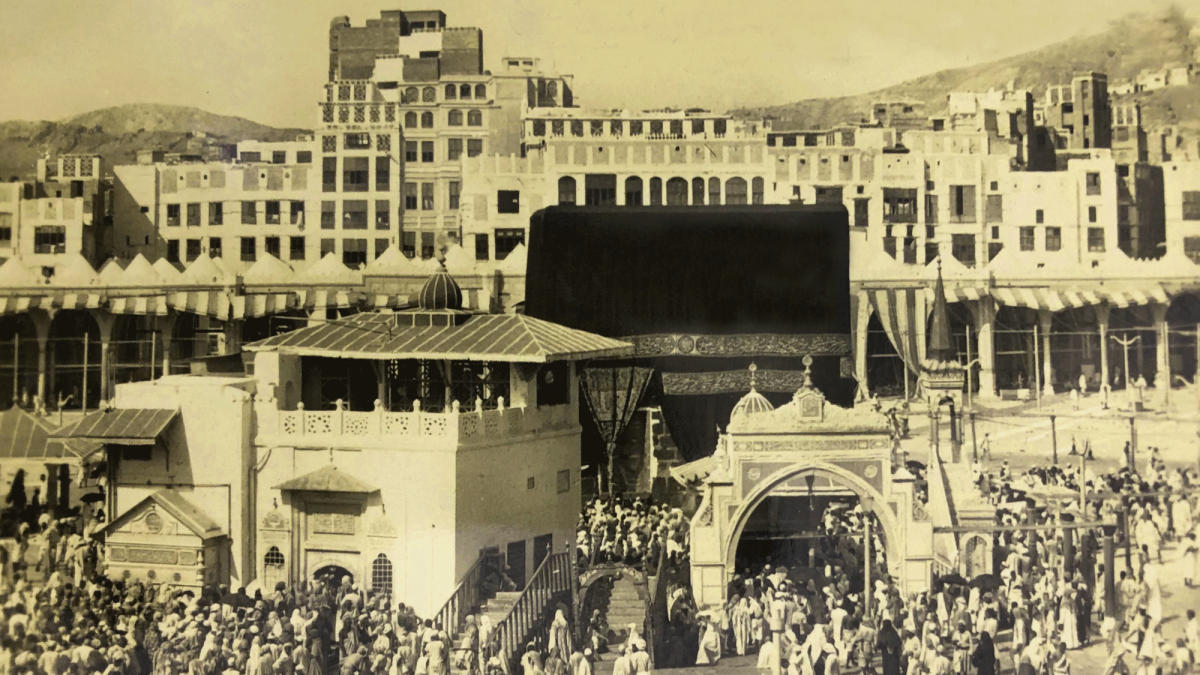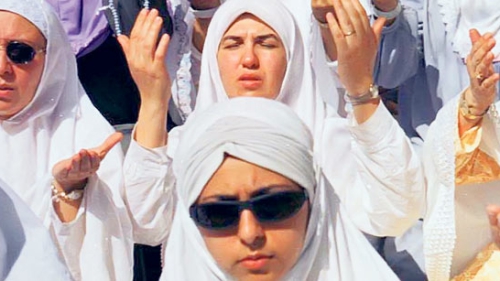Hajira (Hagar): Symbol of Leadership and Community Building

Hajira, the wife of Prophet Ibrahim, the mother of Prophet Ismael and the matriarch that created an entire civilization, remains a forgotten figure in the annals of religious history. There is not much archeological data available on her life, genealogy, family.
Her description in the Old Testament projects her as a villain who could not show gratitude to her mistress Sarah, the wife of Prophet Ibrahim. The Old Testament gave her the status of his concubine. Her son Ismail from Prophet Abraham was always jealous of Saras's son Prophet Isaac.
The Muslim scholarship has also not focused on her actual contributions to humanity, especially in building an international community of monotheists single-handedly. Although the Quran preserves her sacrifices and role in the institution of Hajj, our scholarship, in general, has ignored the essence of Hajira's life and the lesson one should draw from that.
Hajira was young and had a suckling infant. No woman could ever imagine that her husband, who in his old age miraculously fathered his heir, would leave the wife and child in a barren land with few resources to sustain them. Regardless of the explanations given by others, the act would appear to many as an irresponsible one. Yet Prophet Ibrahim, known as the friend of Allah and one of the role models for humanity, did that. Why?
Let us turn to the prayer that Prophet Ibrahim made while leaving the young wife and the infant in the desert of Arabia. "O our Sustainer! Behold, I have settled some of my offspring in a valley in which there is no arable land, close to Thy sanctified Temple, so that, O our Sustainer, they might devote themselves to prayer: cause Thou, therefore, people's hearts to incline towards them and grant them fruitful sustenance, so that they might have cause to be grateful."- (14:37) The prayer is not just a plea to God but a plan given to Hajira, who was the only adult in that neighborhood.
The plan had four objectives:
1. People should establish a community centered around monotheism through praying to only one God.
2. People should always invite others to the idea of the oneness of the creator and convince them of its viability and validity.
3. People should work hard to create means of sustenance in the barren land.
4. People should express their gratitude to God by using his resources correctly and in a balanced manner with no misuse.
The task was to lead those settled near the well of Zamzam water on the divine path and nurture her son for leadership.
God inspired Prophet Ibrahim to leave her in the barren land. She proved through her dedication, perseverance, struggle, commitment, and faith in God that women can lead community building. Given the opportunity, she can create a whole civilization and community by herself. Prophet Ibrahim was aware that such a leadership role cannot be demonstrated in male-dominated societies for centuries and had little worth for women. However, in Hajira, God found the strength, integrity, and tenacity of a woman to play that role.
The idea was to demolish gender-based discrimination and the notion that a woman cannot play a significant role in community life. So precious were her experiences in the barren land that God preserved them in the rituals associated with Hajj. The staying in Mina and spending the night in Muzdalifa, the running between Safa and Marwa, that God describes as divine mountains, drinking water of Zamzam, and making rounds of Kaaba and the sacrifice are all associated with her and her son.
Hajira is not an ordinary woman in the history of monotheism. Her leadership created the corridor of unity in Makkah among believers coming from different parts of the world. God preserved Hajj's institution to remind people of his oneness and the integration of humanity and teach that women can also be the leaders in every sense of the term.
Hajira is the only woman in the history of monotheism who created a monotheistic civilization and demolished the false idols of gender discrimination. She showed that even in the loneliness and in the most vulnerable situations, a woman could protect her honor and dignity and play the leadership without compromising them. She proved that leadership came from dedication and commitment to the right ideas and had nothing to do with gender divisions. Furthermore, she established the principle that women are no less than men in seeking the welfare of society. She proved that a woman could be positive even in the worst adversarial conditions. She demonstrated beyond doubt that if she can raise a child all by herself without ill feelings towards his father, who had left them alone, she can also build a nation and a civilization.
So, Hajira is Hajira because God honored her by institutionalizing her leadership in the form of Hajj.
Topics: Hajj, Hajra (Hagar), Muslim Women, Prophet Ibrahim (Abraham), Tawakkul (Trust In God), Ummah (Community)
Views: 5994
Related Suggestions

















